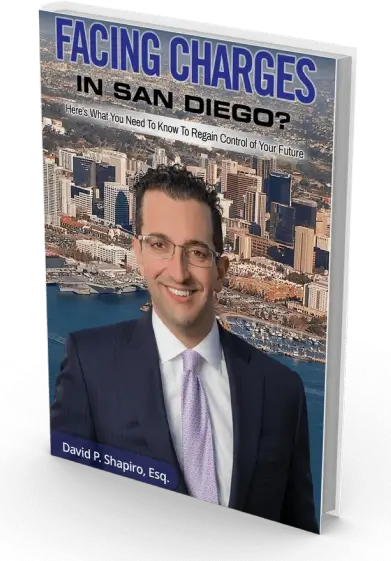How to Handle Police Interrogations: Should You Talk to Investigators?

If you’re reading this, you may have already received that dreaded knock on your door or phone call from law enforcement wanting to “just ask you a few questions.” Your heart starts racing, your mind starts spinning, and you’re wondering – should I talk to investigators?
The short answer? No. Not without an attorney present.
The long answer? Let’s break down exactly why this is so important and what you need to know about handling police interrogations.
Your Constitutional Rights When Dealing With Police
The Fifth Amendment to the U.S. Constitution gives you the right to remain silent and avoid self-incrimination. This isn’t just a line from TV shows – it’s your fundamental constitutional protection, and you should use it.
When law enforcement says they “just want to talk,” remember:
- They are trained interrogators with specific techniques to get you talking
- Anything you say can and will be used against you in court
- Even if you’re innocent, your statements can be misinterpreted or taken out of context
- The police can (and often do) lie to you during interrogations
- They may already have evidence against you and are looking for confirmation
What to Do When Investigators Contact You
1. Remain Calm and Professional
Stay polite but firm. Don’t run, argue, or become confrontational. Simply state that you cannot speak with them without your attorney present.
2. Use These Exact Words
“I am invoking my right to remain silent and wish to speak with an attorney. I will not answer any questions without my attorney present.”
3. Don’t Explain or Justify
After invoking your rights, stop talking. Don’t try to explain why you want an attorney or proclaim your innocence. Any additional statements can be used against you.
4. Contact a Criminal Defense Attorney Immediately
As soon as investigators leave, call an experienced criminal defense attorney who can protect your rights and handle all communication with law enforcement moving forward.
Common Police Interrogation Tactics to Be Aware Of
Investigators use various psychological techniques to get people talking. Here are some common tactics they may use:
- Claiming they “just want to clear things up.”
- Suggesting that talking will “make things easier.”
- Stating that they can only help you if you talk now
- Implying that requesting an attorney makes you look guilty
- Promising leniency in exchange for cooperation
- Playing “good cop/bad cop”
- Presenting false evidence or lying about witness statements
Remember: These are practiced techniques designed to get you to waive your constitutional rights. Don’t fall for them.
Why “Clearing Things Up” Usually Makes Things Worse
Many people think they can talk their way out of trouble or explain their side of the story. However, this rarely works in your favor because:
- You don’t know what evidence they have
- You don’t know the full scope of their investigation
- You may inadvertently provide information that helps their case
- Your statements can be misconstrued or taken out of context
- You might accidentally confess to other crimes you didn’t know about
How Your Defense Attorney Helps During Interrogations
Having an attorney present during questioning provides crucial protections:
- They can stop questioning that becomes inappropriate
- They can advise you when not to answer certain questions
- They understand what information may be incriminating
- They can prevent investigators from twisting your words
- They create a witness to what was said during questioning
When Silence Is Better Than Explanations
Under California law, your silence cannot be used against you in court. However, anything you say to investigators can be used to prosecute you, even if:
- You were trying to help
- You thought you were clearing things up
- You believed you had nothing to hide
- You were telling the truth
- You were trying to protect someone else
Protect Your Rights, Protect Your Future
If you’re being contacted by investigators in San Diego or Chula Vista, don’t face them alone. Law enforcement officers are trained professionals whose job is to gather evidence for prosecution. Your job is to protect your rights and your future.
The bottom line: When investigators want to talk, your response should be clear – you wish to speak with an attorney and will not answer questions without legal representation present. This isn’t about being difficult or appearing guilty – it’s about protecting your constitutional rights and ensuring any investigation proceeds fairly and properly.
If you or someone you love is facing criminal charges in California, swift action is imperative. The penalties can be life altering and long lasting. Contact us today to set up a case evaluation with one of our attorneys and learn how to best protect your freedom and future.
Too often, we see clients who “wait and see,” unsure of the legal landscape ahead, only for charges to escalate. They then find themselves backpedaling into a bad defense and an even worse lawyer. Don’t let that happen to you. Protect your freedom. Protect your future. Know your rights.
The contents of this article and blog are meant for informational and marketing purposes only and do not constitute legal advice. Viewing and/or use of the blog does not form an attorney-client relationship. No statements in this post are a guarantee, warranty, or prediction of a particular result in your case.









